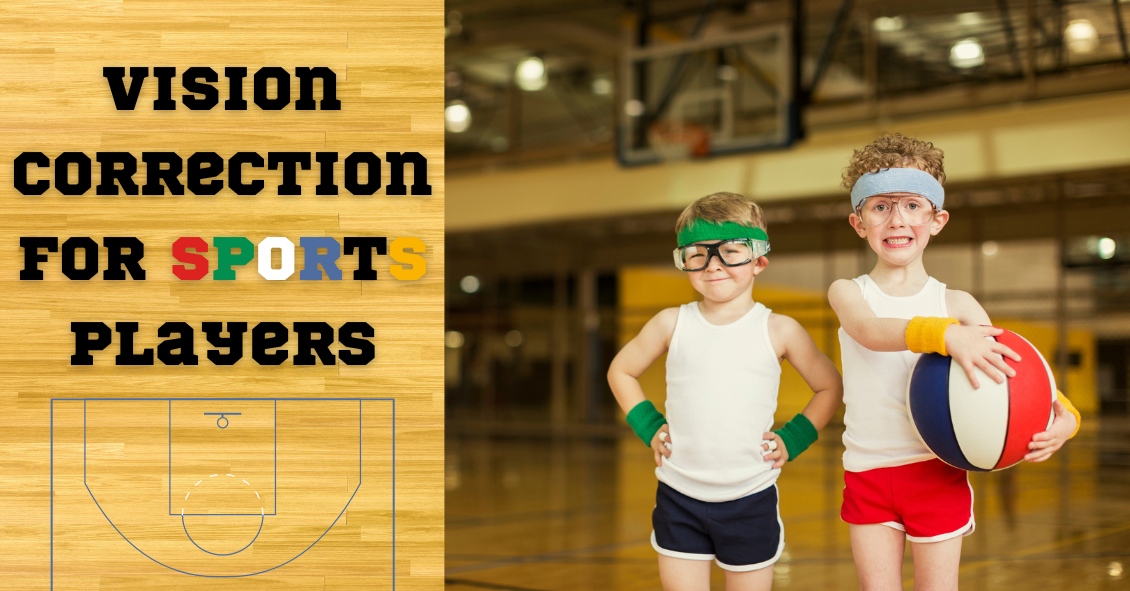
Fireworks Eye Injuries Have Skyrocketed in Recent Years
Fireworks sales will be blazing across the country from now through the Fourth of July. As retailers begin their promotions, we and the AAO are shining a light on this explosive fact: The number of eye injuries caused by fireworks has exploded in recent years.
Fireworks injuries caused approximately 15,600 emergency room visits each year, according to data from the U.S. Consumer Product Safety Commission. The injuries largely occurred in the weeks before and after the Fourth of July. The CPSC’s fireworks report showed that about 2,340 eye injuries related to fireworks were treated in U.S. emergency rooms in 2020, up from 600 reported in 2011.
To help prevent these injuries, the Academy is addressing four important things about consumer fireworks risks:
- Small doesn’t equal safe. A common culprit of injuries are the fireworks often handed to small children – the classic sparkler. Many people mistakenly believe sparklers are harmless due to their size and the fact they don’t explode. However, they can reach temperatures of up to 2,000 degrees – hot enough to melt certain metals.
- Even though it looks like a dud, it may not act like one. At age 16, Jameson Lamb was hit square in the eye with a Roman candle that he thought had been extinguished. By age 20, Lamb had gone through multiple surgeries, including a corneal transplant and a stem cell transplant to try to restore partial vision to the eye.
- Just because you’re not lighting or throwing it doesn’t mean you’re out of the firing line. An international study of fireworks-related eye injuries showed that half of those hurt were bystanders. The researchers also found that one in six of these injuries caused severe vision loss.
- The Fourth can be complete without using consumer fireworks. The Academy advises that the safest way to view fireworks is to watch a professional show where experts are controlling the displays.
If you experience a fireworks eye injury:
- Seek medical attention immediately.
- Avoid rubbing or rinsing the eyes or applying pressure.
- Do not remove any object from the eye, apply ointments, or take any pain medications before seeking medical help.
Watch the AAO’s animated public service announcement titled “Fireworks: The Blinding Truth.”
Article contributed by Dr. Brian Wnorowski, M.D.
This blog provides general information and discussion about eye health and related subjects. The words and other content provided in this blog, and in any linked materials, are not intended and should not be construed as medical advice. If the reader or any other person has a medical concern, he or she should consult with an appropriately licensed physician. The content of this blog cannot be reproduced or duplicated without the express written consent of Eye IQ.
 There are many options available to adults and children for corrective lenses (glasses and contacts) when engaged in phys...
There are many options available to adults and children for corrective lenses (glasses and contacts) when engaged in phys...


